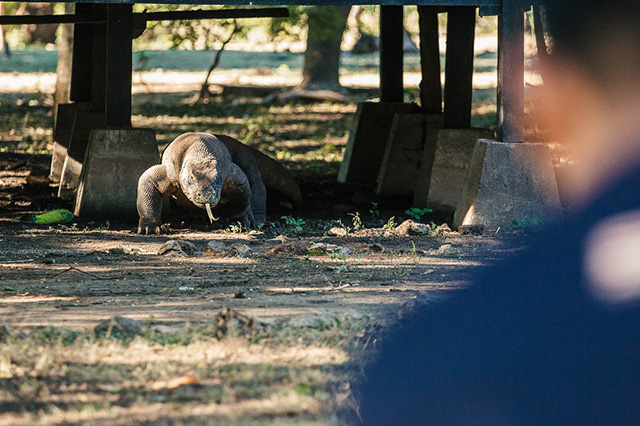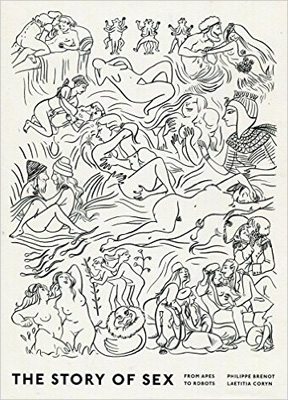‘On Places — Becoming Spaces’
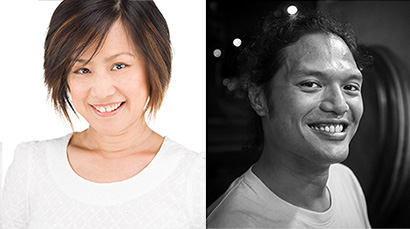
Dr Margaret Tan & Dr Jeremy Fernando
Moderated by Ms Yanyun Chen
Henri Lefebvre teaches us that space is not a given: it is, instead, the manner in which one interacts with, relates to, a place that generates this momentary thing called ‘space’. Thus, space is brought forth through one’s act, craft, tekhnē; where something, perhaps even something new — in all its potentiality — is introduced into the world, alongside all its possible consequences.
It is in this spirit that the students in the Singapore as “Model” City? senior seminar embark on their intervention projects; where they attempted to respond to a place, open a relation — thus, always already a question — with it, whilst keeping in mind that any response entails being responsible; not just to the people who might have been there, not just to the place, but to the very space that is created.
In this panel, Margaret Tan will reflect on the questions behind the quest of the seminar: in particular, the diacritical marks which haunt its title. After which, Jeremy Fernando will attempt to meditate on the notion of interventions, on the relationship between the one who intervenes and the site of the intervention. They will conclude by presenting various interventions that have been made by their students over the various semesters.
Jeremy Fernando is the Jean Baudrillard Fellow at the European Graduate School, where he is also a Reader in Contemporary Literature & Thought. He works in the intersections of literature, philosophy, and the media; and has written sixteen books — including Reading Blindly, Living with Art, Writing Death, and in fidelity. His works has been featured in magazines and journals such as Berfrois, CTheory, TimeOut, and VICE, amongst others; and he has been translated into Japanese, Italian, Spanish, and Serbian. Exploring other media has led him to film, music, and art; and his work has been exhibited in Seoul, Vienna, Hong Kong, and Singapore. He is the general editor of both Delere Press and the thematic magazine One Imperative; and is a Fellow of Tembusu College at the National University of Singapore.
Margaret Tan is a Fellow and Director of Programmes at Tembusu College, a Research Fellow at Asia Research Institute’s Science, Technology and Society Research Cluster, and the Co-director of the NUS Art/Science Residency Programme, National University of Singapore. She holds a PhD from the Department of Communications and New Media, NUS, a Masters in Interactive Media and Critical Theory from Goldsmiths College, University of London, and a degree in Fines Arts from RMIT/LASALLE College of the Arts. Prior to joining NUS, Margaret lectured on art history and theory, and practised as an artist. Working from a feminist perspective, and with a range of media, her works have been showcased both locally and internationally. Margaret engages art now as a teacher and administrator; she believes strongly in the potential of art in opening up spaces for discourse and contemplation.
Yanyun Chen teaches drawing at Yale-NUS College and Nanyang Technological University in Singapore. Her studio-based practice is driven by questions and craft, through contemplating the relationships between theory, process, method, and the art work. She attempts to open conversations about what it means to draw, read, think, respond. Her works revolve around the themes of suspension and animation of death/dying, memory/memorials, light and atmosphere, and nudity/nakedness/bare. Her works have been exhibited in Singapore, notably ChanHampe Galleries, Visual Arts Development Association Singapore, Jendela (Visual Art Space), and NoiseSingapore. She is a Ph.D. candidate at the European Graduate School in Switzerland, where she also obtained her Masters in Communications. She received the Lee Kuan Yew Gold Medal Award and the Nanyang Scholarship for her Bachelors in Fine Arts [Hons] 1st class from Nanyang Technological University (Singapore); and has been trained at the Florence Academy of Art (Sweden), The Animation Workshop (Denmark), and under puppet makers Miroslav Trejtnar and Zdar Sorm (Czech Republic).
To register, go to: NUS Centre for the Arts
By Professor Tommy Koh: A Guide To A Confusing World
We live in a very confusing world. It is confusing because the United States, which has historically championed free trade and globalisation, has abandoned both in favour of protectionism. The 45th President of the United States, Donald Trump, declared in his inaugural address, that: “Protection will lead to great prosperity and strength.”
At the same time, the leader of the Chinese Communist Party and President of the People’s Republic of China, Xi Jinping, has gone to the World Economic Forum, in Davos, Switzerland, to declare China’s support for free trade and globalisation. This apparent reversal of roles between the US and China is one source of confusion.
We live in a world which has never been more inter-connected and inter-dependent. Trade, travel and technology have made this an increasingly borderless world. How do we explain the rise of populism in Europe and America? Why are they building walls instead of dismantling them? Why have countries, which were founded by immigrants, turned against immigrants? Why are the Scots in the United Kingdom and the Catalonians in Spain demanding to secede and become independent?
Keep calm and trade
We need a guide to navigate this confusing world. I would suggest that we keep calm and not be rattled by these developments. We, in Asia, should keep faith with certain values and principles which have served us well in the past. I believe that they remain valid now and in the future.
The debate between free trade and protectionism is not new. The empirical evidence suggests that free trade benefits all countries and economic nationalism or protectionism is a dead end road.
I would respectfully remind my American friends of the Smoot-Hawley Act of 1930. The law imposed tariffs on over 20,000 imported goods. It led to a trade war with Europe and worsened the Great Depression.
Most studies show that 85 percent of job losses in manufacturing were due to technological changes and not due to imports. Putting up trade barriers will not bring those jobs back. They are gone forever.
We, in Asia, should continue to uphold and practise free trade. Free trade agreements or economic partnership agreements are worthy of our support. This is true of bilateral agreements as well as multilateral agreements.
We should therefore continue with our efforts to conclude the negotiations on the Regional Comprehensive Economic Partnership Agreement (RCEP) involving the 10 ASEAN countries and six other countries. In APEC, we should not abandon our goal to achieve a Free Trade Agreement of the Asia Pacific (FTAAP).
During the US Presidential electoral campaign in 2016, free trade had become dirty words and the Trans Pacific Partnership (TPP) was unfairly demonized. President Trump has fulfilled his campaign promise to withdraw the US from the TPP.
Many Americans mistakenly think that the TPP is dead. The TPP is not dead and the remaining 11 countries should continue to ratify the agreement and keep it alive. Japan has already ratified the agreement. The TPP reinforces the region’s commitment to a rules-based trading system. It updates international rules beyond traditional areas to emerging ones, such as the digital economy and innovative industries. It would be a great shame to set aside this high quality agreement which took five years to negotiate.
Globalisation Is Irreversible
The globalisation of the world is driven by trade, travel and technology. The internet, the digital economy, e-commerce are unstoppable. Globalisation is an irreversible force. I would argue that, on balance, it is a force for good and not evil. It is, of course, true that globalisation produces both winners and losers. It is the duty of governments to look after the losers, help them to acquire new skills and transition to new and better jobs. We also need to strengthen our social safety nets and help those who have been adversely affected by trade. In other words, we must give globalisation a human face and ensure that growth is inclusive.
We should respect the laws of economics, such as, the principle comparative economic advantage. A company, such as Apple, has taken advantage of this principle by assembling its end products in China, but procuring their components from different countries and economics. This is the logic of the global supply chains.
If the politicians force such companies to relocate their manufacturing facilities back to the United States, the consumers will have to pay a higher price and the companies may become uncompetitive.
Stay open to immigrants
The mood in the West is increasingly nationalistic and even chauvinistic. I think the White Americans are worried that if the present demographic trend continues, they will become a minority and the Hispanics will become the majority by 2050. They also worry that immigrant workers compete for their jobs and drive down wages. I think it is such fears that have led President Trump to insist on building a wall on the border with Mexico.
At the same time, such anxieties are conflated with the fear that Islamic terrorists may cause havoc in the US as they have done recently in France, Belgium and Germany. This is the reason behind the blanket ban imposed by President Trump on visitors from 7 muslim-majority countries in North Africa and the Middle-East. The legality of the Executive Order is being contested in the courts.
Singapore must not become anti-immigration. Singapore is a country founded by immigrants. Because of our low birth rate, we have wisely decided to make up for the shortfall by welcoming a number of immigrants to our shores every year. This should continue. However, the number must be calibrated in order not to cause a sense of discomfort to our citizens and not to strain our infrastructure. Tng Ying Hui’s 2015 book, Not Born In Singapore: 50 Personalities who Shaped the Nation, reminds us of the debt we owe to our foreign friends.
We live in a very confusing world. We must not, however, become confused.
We, in Asia, must continue to uphold free trade and globalisation. We should reject protectionism and mercantilist trade policies. We should keep the TPP alive and conclude the RCEP as soon as possible. In ASEAN, we should continue on our journey to merge our 10 economics into a single market and production platform.
We should continue to welcome immigrants to our shores but calibrate the intake to avoid a backlash.
Finally, I think the time has come for Asia to champion the liberal world order which has enabled Asia to develop and prosper and to produce the three biggest growth stories of human history, namely, the rise of China, India and ASEAN.
New articles by Dr John van Wyhe
You can find articles by Dr John van Wyhe below:
Recruiting Tembusu Residential Assistants & Graduate Fellows
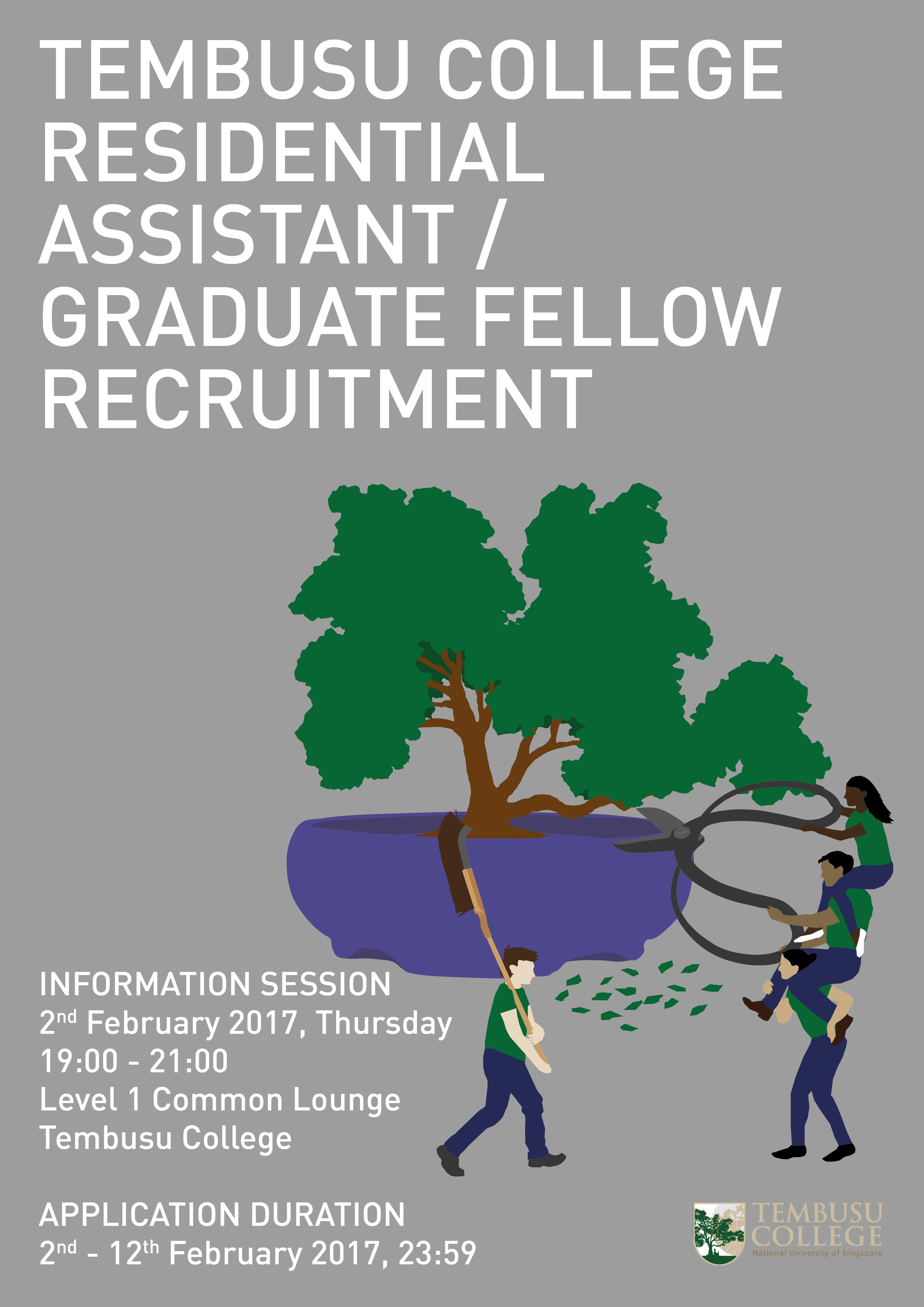
1. Fill up the Residential Team Application Form by 12th February 2017 (Sunday), 23:59pm.
2. Shortlisted candidates will be informed of their interview slots by 21st February 2017.
Prerequisite for Applicants:
For Residential Assistants: Senior Tembusu students (going to 3rd Year and more)
For Graduate Fellows: NUS Masters or PhD students
Period of Appointment: One Academic Year (subject to review after first semester of service)
Do come for our information session on 2nd February 2017 (Thursday), 7:00pm at the Level 1 Common Lounge. We’d love to tell you more about our experiences!
For any inquiries, feel free to drop an email to: tembusu.rt@nus.edu.sg
Professor Tommy Koh’s Speech: President Trump In Office: What Can Singapore Business Expect?
Professor Koh’s Speech at the Singapore Business Federation and American Chamber Elephant Replaces Donkey
I want to draw your attention to the tie I am wearing. The elephant is the symbol of the Republican Party. I am wearing my elephant tie because in a few hours, the elephant will replace the donkey as the reigning animal in Washington D.C. The Republican Party will, not only control the White House, but also the Senate and the House of Representatives.
Tribute To Ambassador Kirk Wagar
I want to take this opportunity to pay a tribute to the outgoing US Ambassador to Singapore, Kirk Wagar. He is a personal friend, a good friend of Singapore and a champion of US and Singapore business. For 3½ years, Kirk has represented the US in Singapore with great distinction. He has left a positive legacy on the strength of the US-Singapore relationship. Thank you Kirk.
Three Caveats
I want to register three caveats before I share my thoughts with you. First, it takes a new administration at least six months to organise itself and to develop its policies. We are trying to discern the Trump Administration’s policies even before it takes office. I am therefore compelled to speculate on the evidence before us. Second, we should not make the mistake of treating campaign rhetoric as policy. It is an honourable US tradition for a new US President to choose whether to honour or disregard his campaign promises. Third, the US has certain permanent interests in the world which no occupant of the Oval Office in the White House can afford to ignore. This explains the large element of continuity in US foreign, security and economic policies no matter which party is in power and the personal preferences of the President.
Is Trump Good For Business?
The question which I have been asked to answer is whether President-elect Trump is good for business.
As an optimist, I will begin with the positives. First, I have noticed that the global equity markets have responded positively to President-elect Trump’s election. The Dow has gone up. Investors have pushed the yield on the 10-year US Treasury bonds to a level not seen since January 2016.
Second, business will benefit if President-elect Trump carries out his promise to:
- increase government spending on domestic infrastructure projects as a driver of economic growth and job creation; and
- reduce corporate tax from 35% to 15% and implement a one-time tax rate of 10 percent on the repatriation of offshore corporate profits.
Third, Singapore companies which plan to invest in America and create jobs for American workers will be warmly welcomed by the Trump Administration. One of his priorities is to create jobs, especially in the Rust Belt and other economically depressed parts of America. Singapore is already the fourth largest Asian investor in the US, after Japan, Australia and South Korea. I expect the upward trend to continue.
Uncertainties and Worries
It would not be credible if I did not balance my three positive points with some of my worries and uncertainties. First, we do not know what President-elect Trump will do with the TPP. We note that his nominee for the post of Secretary of State, Rex Tillerson, has said that he does not oppose the TPP.
Second, I worry about the future of US-China relations. A trade war between the US and China would hurt both economies and be a disaster for the world.
Conclusion
My conclusion is that we should meet again six months or 12 months from now when the picture will be clearer. I want however to end on a positive note. For over 70 years the US has played a positive and leading role in and benefitted from the stability and prosperity of the Asia Pacific. The US has certain permanent interests which no President can ignore. Singapore has worked productively with five Republicans and four Democratic Administrations. We look forward to working closely with the 45th President and his Administration, to advance our shared interests and to strengthen peace and promote prosperity in the Asia Pacific.
Professor Tommy Koh’s Speech at the Conferment of the JC Nichols Prize on Dr Cheong Koon Hean
Chairman Of CKH Fan Club
I have the great pleasure of speaking this evening in my capacity as the self-appointed Chairman of the Cheong Koon Hean Fan Club in Singapore.
Friendship Formed In The Heat Of Battle
Our friendship was formed in the heat of battle. I mean a legal battle between Singapore and Malaysia. Let me briefly explain the circumstances.
History Of Law Reclamation In Singapore
Singapore is a very small island. As a result, it has had to reclaim land from the sea since 1819, when Raffles founded Singapore. Our famous hotel, Raffles Hotel, is located on Beach Road. Due to land reclamation, the beach has disappeared from Beach Road!
Reclamation at Tekong, Ubin and Tuas
In 2000, Singapore began works to reclaim land around two of our small offshore islands, Tekong and Ubin, and at our port in Tuas. Two years later, we received a diplomatic protest from Malaysia alleging that our works had intruded into Malaysia’s territorial waters and that we had caused damage to the marine environment in Malaysia.
Malaysia Takes Legal Action
In 2003, Malaysia initiated arbitral proceedings against Singapore, under the UN Convention on the Law of the Sea. In July 2003, Malaysia applied to the International Tribunal for the Law of the Sea, located in Hamburg, Germany, for a provisional measure to stop all of Singapore’s reclamation works in Tekong.
Our Respective Roles
The Singapore Government appointed me as its Agent. Dr Cheong, who was the Deputy Secretary of the Ministry of National Development, was in charge of the technical team. We had to assemble a large team of lawyers, diplomats, engineers, experts of land reclamation, oceanographers, marine biologists and others. As this was our first experience of having to defend Singapore’s legal rights in an international court of law, we were all learning on the job. However, our morale was high and we were united.
Heroine Of Hamburg
We submitted our written pleadings on 20 September 2003. A week later, we had to appear at the tribunal, in Hamburg, to argue our case. As the Agent, I was the first and last speaker. Other members of the speaking team consisted of the Attorney-General, our two foreign counsel and Dr Cheong Koon Hean. I am convinced that it was not the lawyers but Koon Hean who won the case for us. She was eloquent and convincing in her presentation on the planning and approval process in Singapore and how the two reclamation projects had been carefully planned and executed and great care had been taken to protect the environment.
Fact-Finding by Experts
In its judgement, the Court did not grant the provisional measures which Malaysia had requested. Instead, it adopted a suggestion I had made that the Court should instruct the two Governments to set up a group of independent experts to verify the facts. Singapore appointed two Dutch experts and Malaysia appointed two British experts. The year-long fact-finding process was supervised by Dr Cheong, for Singapore and Madam Rosnani Ibrahim, for Malaysia. Dr Cheong was able to win her trust and friendship and the process went smoothly. After a year, the four experts submitted an unanimous report, which was largely supportive of Singapore’s case.
Happy Ending
The report was accepted by both sides. On that basis, the two delegations were able to return to the negotiating table. On the 26 of April 2005, the two countries signed an agreement in Singapore to settle the dispute. Dr Cheong Koon Hean had made an enormous contribution to that happy ending. She was an eloquent and convincing advocate, a skilful negotiator and an accomplished diplomat.
Thank you very much.
Tembusu College alongside Firefly Mission, supporting children in Myanmar
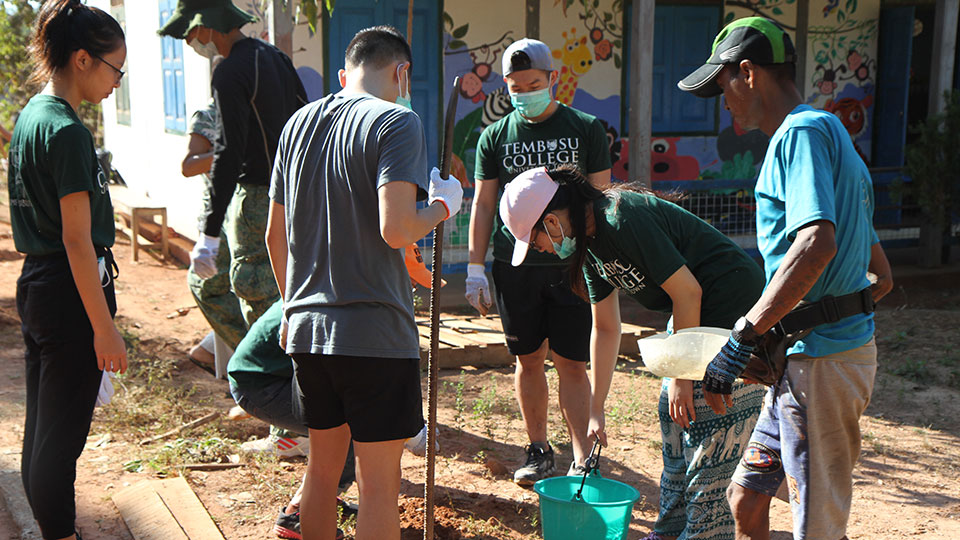
Tembusu College students building a fence for the preschool
Fourteen Tembusu College students, with support from Firefly Mission in Singapore, engaged in community service at a Youth Development Centre (YDC) at Parahita Monastery in Shwegyin Town, Myanmar from 26 December to 7 January. They built a fence for a preschool, conducted workshops and brought a group of youths to visit a vocational training institute and a noodle factory.
The Centre houses approximately 180 students aged 4 to 18 years. Many of the students are orphans or come from impoverished families. With the support from Firefly Mission, a Buddhist organisation in Singapore, YDC provides the students with food, clothing, and education.
Welcoming the efforts of the Tembusu College students, YDC Head Dr Ashin Aggasara said, “Students here are very weak in English and due to this, they suffer when they go to higher grades.” Without the necessary skills or the prospect of higher education, many students quit school to enter the unskilled labour force.
The enthusiastic students from Tembusu College embarked on three projects during their stint in Myanmar. At Dr Ashin’s request, they constructed a fence around the preschool located within the centre. The fence would help to prevent stray animals from entering the school premises.
The second project saw the students conducting a series of workshops on hand and oral hygiene, simple first aid as well as character development. To effectively cater to the children’s needs, the workshops were designed with the different target age groups in mind.
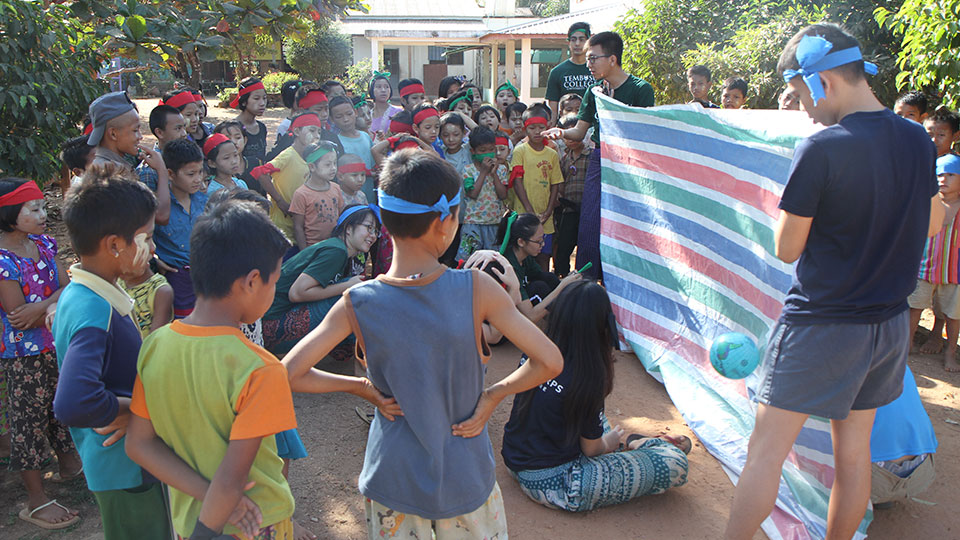
Engaging the young children in an exciting game of Battleship
For the final project, the Tembusu College students brought 21 youths from the centre on a day trip to Yangon, where they visited the Singapore-Myanmar Vocational Training Institute (SMVTI) and the Mama Noodle Factory. This proved to be a highlight for the Myanmar youths as most of them had not travelled to Yangon before.
The students from Singapore took the Myanmar youths under their wing, acting as their mentors and friends. Apart from listening to their dreams, aspirations as well as the challenges they faced, they gathered feedback on the programme. The Myanmar youths shared that the excursion had inspired them to work harder to pursue the myriad of employment and educational options beyond their hometown.
As a few of the Myanmar students had indicated keen interest in applying for the programmes offered at SMVTI, the Tembusu College students also offered to help prepare them for the selection process by giving interview tips and boosting their confidence in conversing in English.
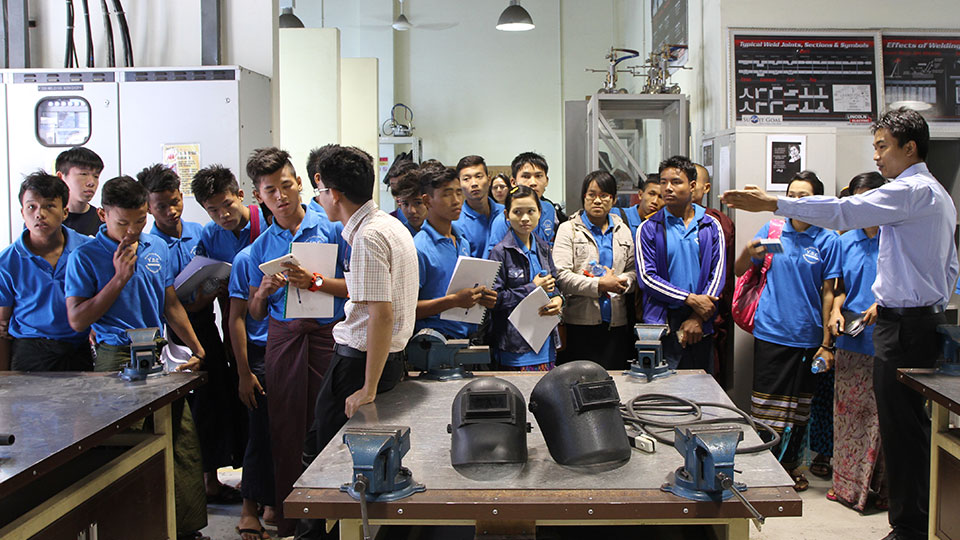
Youths from the Centre visited SMVTI on a day trip to Yangon
Some of the participants from Singapore found it surprising how the children and youths at the centre always wore a smile on their face despite their emotional and physical challenges. “This trip has definitely allowed me to understand how people can be content with their lives, despite the serious challenges they face from a very young age,” shared Kyaw Zay Nyein, a Year 2 student from NUS Design & Environment.
Article can be found in the NUS News.
Tembusu Reading Pods AY2016/17 Sem 2
Register for your reading pod at Eventbrite by 20th January, Friday
Care to read and discuss a book outside your curriculum this semester? You need only pay S$10 for the book of your choice. Simply choose one of the eleven titles offered by students and fellows of Tembusu college and register for your reading pod at Eventbrite (click on the link) by 20th January, Friday. Each reading pod accommodates only 5 participants excluding the facilitator(s). Hurry while stocks last
Click on the images for more information.
1. Modern Romance by Aziz Ansari. Conducted by Shamraz Anver
2. The Rational Optimist: How Prosperity Evolves by Matt Ridley. Conducted by Dr. John van Wyhe
This book is shockingly unconventional and questions some of the most fundamental beliefs of our age. It is described as: “A counterblast to the prevailing pessimism of our age, and proves, however much we like to think to the contrary, that things are getting better….The availability of almost everything a person could want or need has been going erratically upwards for 10,000 years and has rapidly accelerated over the last 200 years…Yet, bizarrely, however much things improve from the way they were before, people still cling to the belief that the future will be nothing but disastrous.”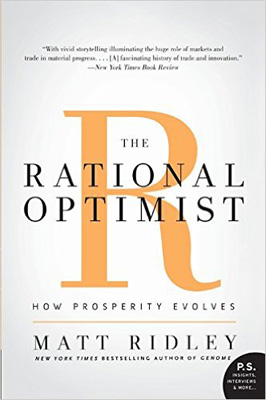
3. The Story of Sex: From Apes to Robots by Philippe Brenot. Conducted by Dr. Catelijne Coopmans and Jenny Zhang
4. Hiroshima Mon Amour by Marguerite Duras. Conducted by Dr. Jeremy Fernando (Sessions will be on conducted Mondays 6pm, Date TBC)
5. Hell’s Angels: A Strange and Terrible Saga by Hunter S. Thompson. Conducted by Dr. Adam Staley Groves

6. The God of Small Things by Arundhati Roy. Conducted by Deesha Menon
The God of Small Things is premised, in a careful balance of both poignance and simplicity, on Love Laws: of who should be loved and how. Roy fashions a complex web of relationships that are at first alien and un-homely — broken, forbidden, biased, and incestuous — but soon become comfortably familiar, and no less tragic.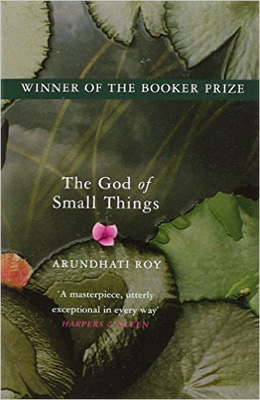
7. In Defense of a Liberal Education by Fareed Zakaria. Conducted by Pranay Arvind Suryavanshi
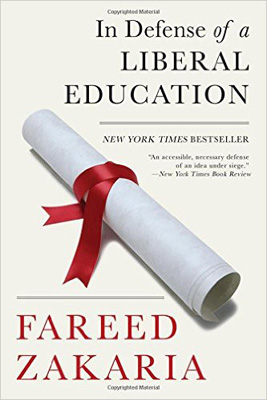
8. Sophie’s World by Jostein Gaarder. Conducted by Tshin Qi Zhou
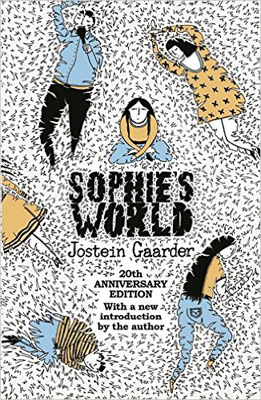
9. House of Leaves by Mark Z. Danielewski. Conducted by Lua Jiong How
What do you get when you assemble a mess of writings that is based on a blind man’s review of a documentary about a house with internal dimensions exceeding its exterior measurements that perhaps never existed, subsequently edited and annotated by a schizophrenic tattoo artist with degenerating sanity? Enter House of Leaves, a piece of ergodic literature that has attained a cult following. Some consider it horror, others call it a love story. The author says it is a conversation between three people. Whether you consider it pretentious or sophisticated, this is not a book for the faint of heart. It will not hold your hand and guide you, but will consume you. Everything means something, and everything is deliberately obscured. Nothing about this book is passive as it requires effort to decode, and it trusts you to do so. Spend some time to chew on it, otherwise “this is not for you.”(Danielewski, 2000)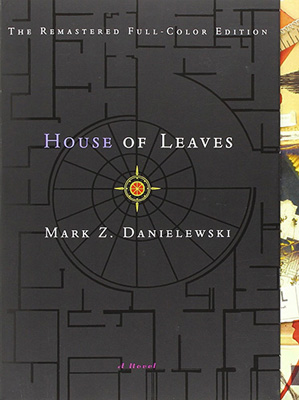
10. All About Love: New Visions by Bell Hooks. Conducted by Erica Lim

11. Lolita by Vladimir Nabokov. Conducted by Amanda Soon Wan Shin



